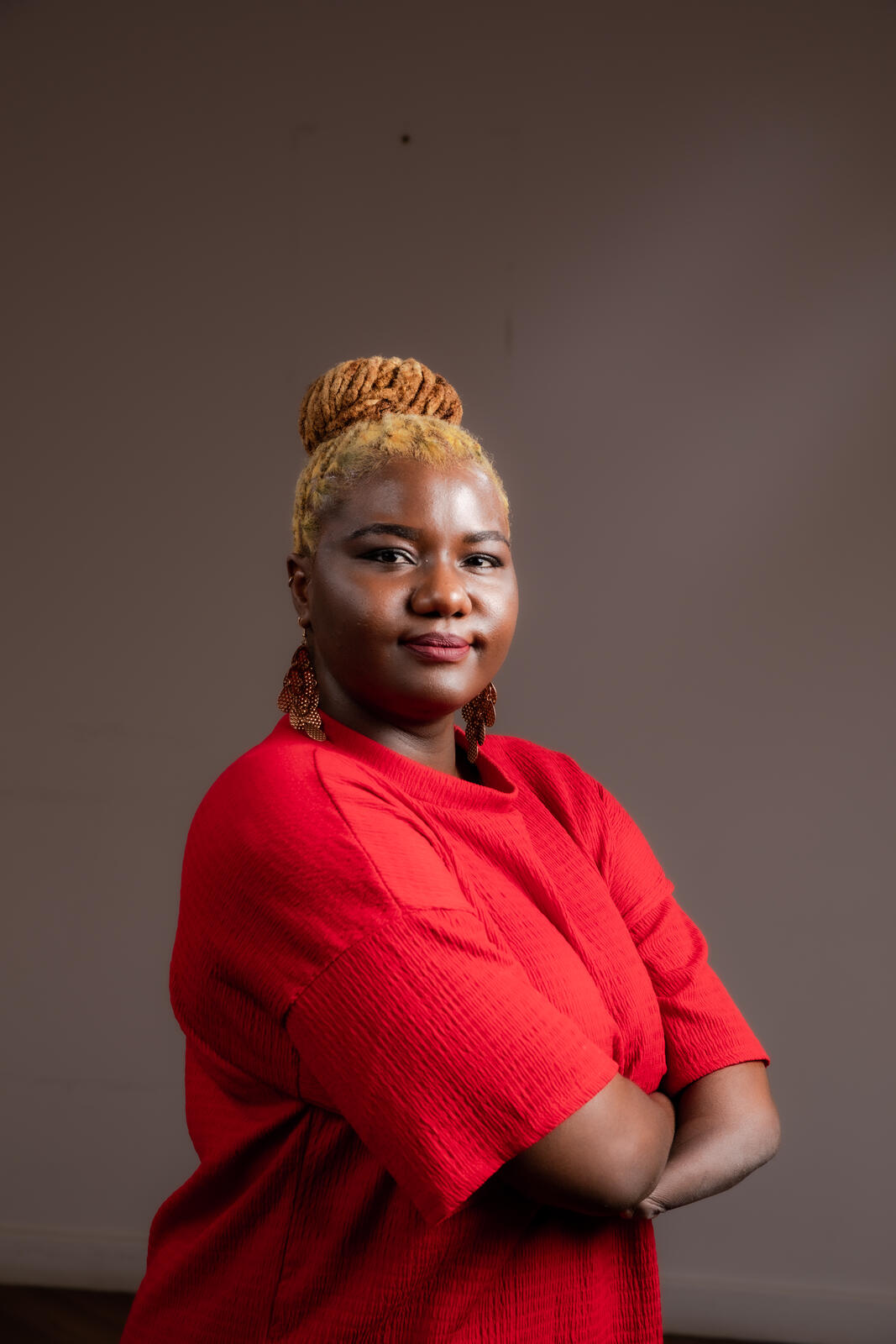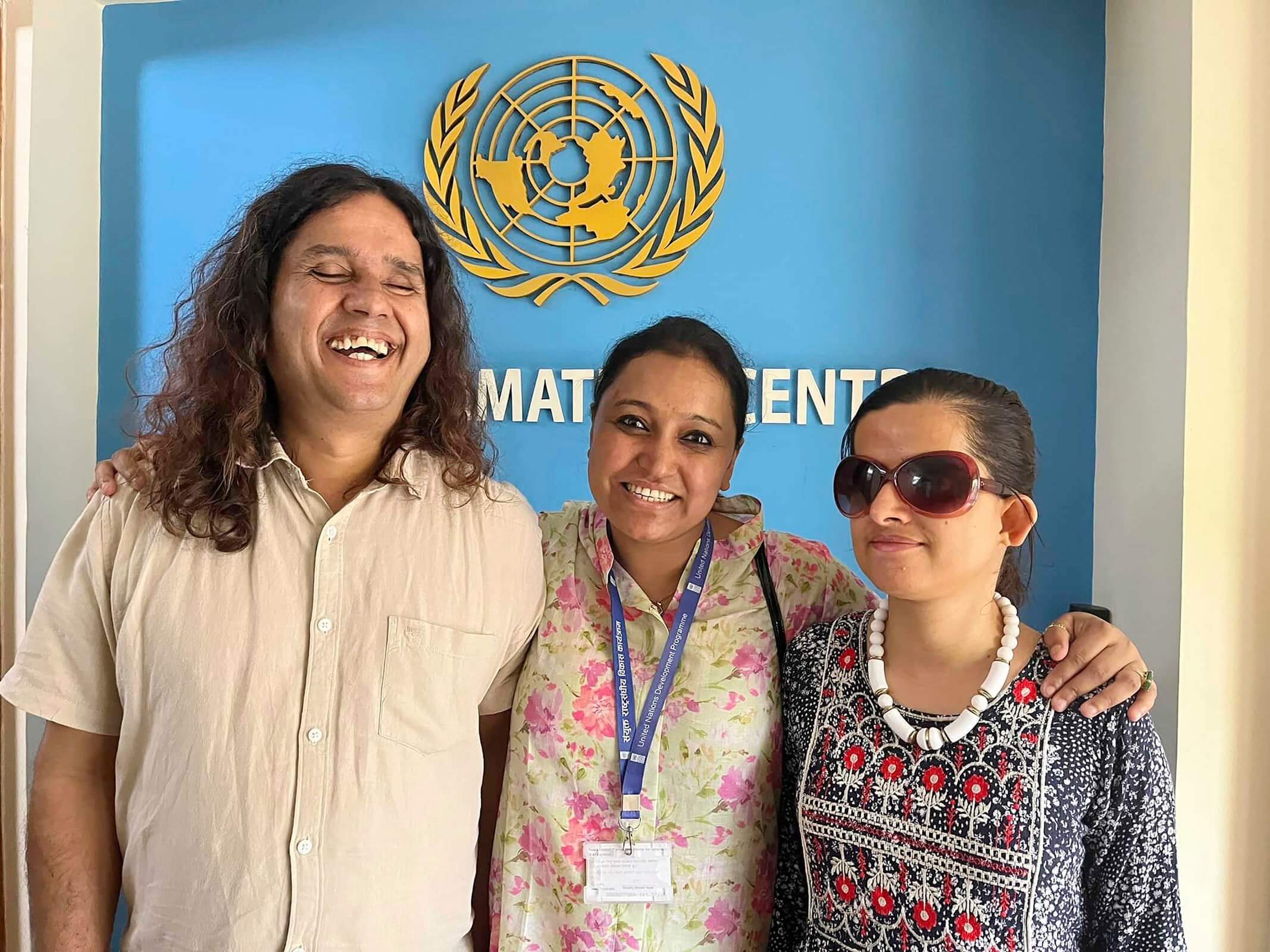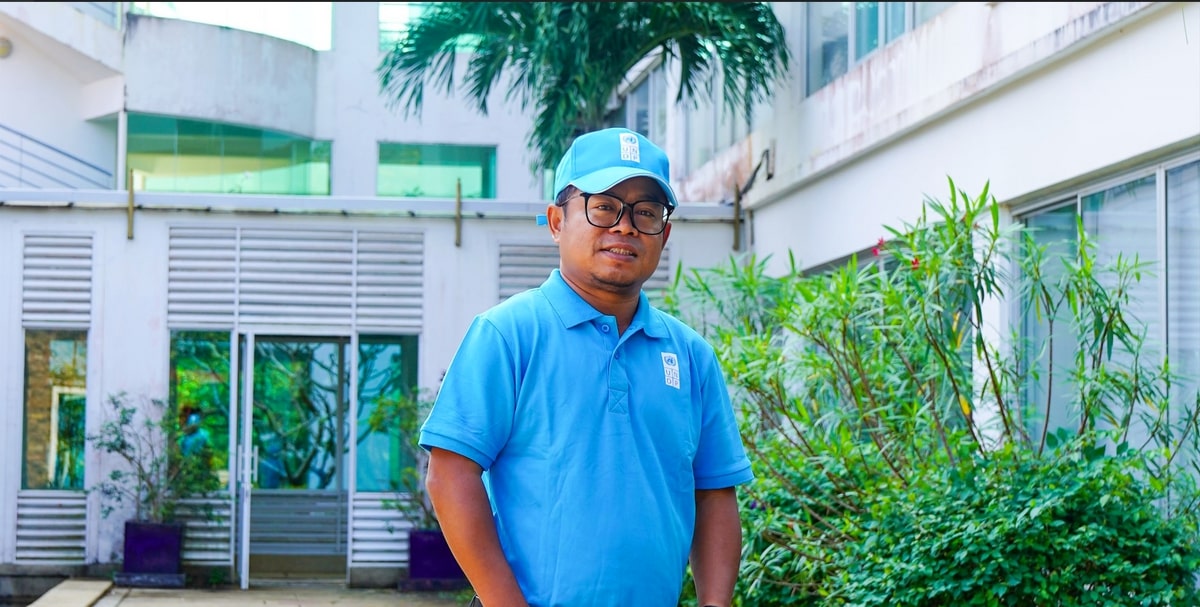

Demonstrating leadership in disability inclusion
I Made Wikandana (Wikan) is a national UN Volunteer Disability Inclusion Officer with the United Nations Children's Fund (UNICEF) in Indonesia. According to a paper published in 2020, three out of 10 children with disabilities have never attended school. This makes mainstreaming disability inclusion all the more important – a priority for UNICEF in the region.
Everyone possesses the spirit of a leader, believes Wikan. His leadership spirit led him to help his community through a UN Volunteer assignment that began in November 2021.
Wikan's main responsibility with UNICEF includes mainstreaming disability-inclusion practices for children with disabilities. He ensures that across the board in Education, WASH, Child Protection, Nutrition, Health, Social Policy, and Emergency and Disaster Risk Reduction programmes include and are sensitive to the needs of children with disabilities.
He also provides an important link between the Organization of Persons with Disabilities and UNICEF by assisting his colleagues as an intermediary to communicate with persons with disabilities.
One of the most challenging part of Wikan's service is the lack of resources and insufficient data, which makes it difficult in reaching out to children, adolescents, or young people with disabilities, and also affects programme implementation.
As a Disability Inclusion Officer, Wikan has gained knowledge and professional skills. Being in a global organization and a multicultural environment has accorded many possibilities, but he values his contribution to global issues the most.
”Wikan maintains the channels of communications within and outside the organization, providing technical inputs, critical review and troubleshooting, as well as his unique perspective both as a young professional and a community representative,” says Anissa Elok Budiyani, National Officer for Education and managing Gender, Adolescents and Disability Inclusion Portfolios at UNICEF. ”While doing so, he has been able to model professional behavior, demonstrating patience and flexibility in adjusting his approaches to dealing with multiple stakeholders. It is my hope that he will continue to lead disability inclusion works.”
A UN Volunteer with a disability, Wikan shares his perspectives with his colleagues who, earlier were unfamiliar with the topic of disability inclusion and why it is so important for sustainable development.



This article was prepared with the kind support of Online Volunteer Kathakali Das Bhaumik.



